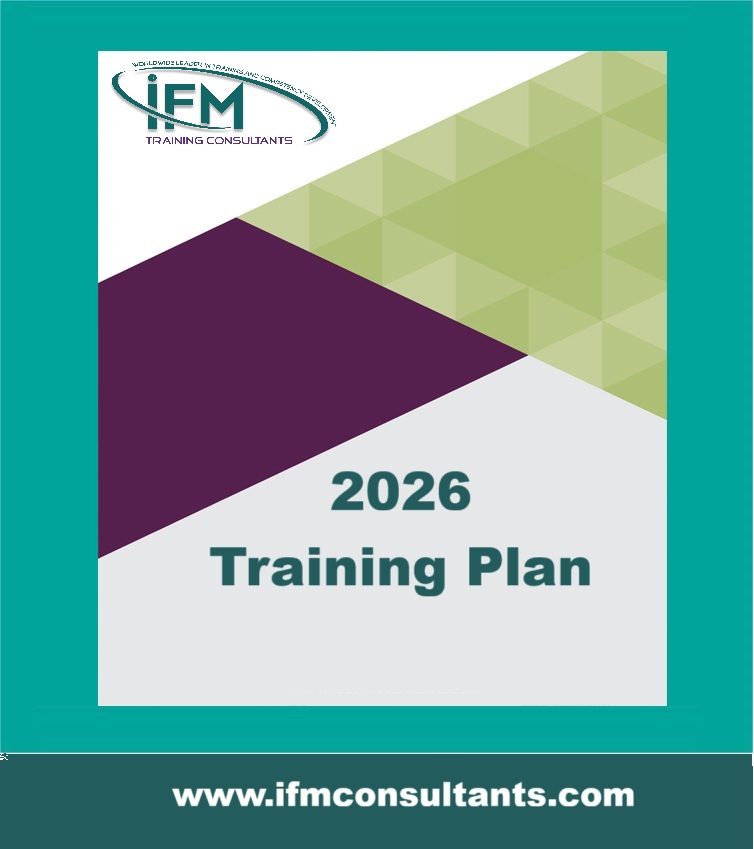Pipeline Design, Analysis and Fabrication
| Start Date | End Date | Venue | Fees (US $) | ||
|---|---|---|---|---|---|
| Pipeline Design, Analysis and Fabrication | 23 Nov 2025 | 27 Nov 2025 | Riyadh, KSA | $ 3,900 | Register |

Pipeline Design, Analysis and Fabrication
| Start Date | End Date | Venue | Fees (US $) | |
|---|---|---|---|---|
| Pipeline Design, Analysis and Fabrication | 23 Nov 2025 | 27 Nov 2025 | Riyadh, KSA | $ 3,900 |
Introduction
The intent of this course is to provide the participants with a comprehensive overview of the many and varied activities that are involved in developing and maintaining a pipeline infrastructure to transport hydrocarbons in a cost-effective manner. The lecture material will be presented in a logical sequence of several blocks covering elements of design, hydraulics, mechanical and geotechnical design, construction and operation and maintenance.
While the subject matter is wide-ranging, the learning objectives will be to provide a sound understanding of the underlying engineering principles in each area and, illustrate how they are linked to produce a total life cycle approach to system design and operation. Hence most of the major engineering disciplines will be touched upon during the course. The topics to be covered are listed below.
Objectives
- Pipeline Design
- Route Selection, Surveying and Geotechnical Guidelines
- Environmental Considerations
- Mechanical Design
- Material Selection and Quality Control
- Pipeline Construction and Commissioning
- Pipeline Protection
Elements of Pipeline Design and Operation
Training Methodology
The training methodology is interactive with group exercises and is suitable for all employees involved in functions management. The pace and level of the training workshop is customized to the understanding of the delegates. Ongoing back-up and support is available after the training on request to the supplier, and the training course is also available for in-house presentation as well as for “Competency Transfer”.
Who Should Attend?
The course is intended for engineers, maintenance technicians and inspectors responsible for the design, integrity, maintenance and repair of pipelines and piping systems.
Course Outline
Elements of Design:
- Function and types of Pipeline Systems for Liquid/Gas/Multi-phase flows;
- Gathering, Transmission, and Distribution systems.
- Supply and Demand considerations, Design life, Capacity planning for Transmission and Distribution Systems, System Planning and facility build up. Project Economics and Planning. Route Selection, Legal and Land Survey, Environmental Considerations.
Hydraulics:
- Compressible and Incompressible Flows in Pipes. Phase envelopes, Flow regimes, dense phase flow, Friction and fitting losses, General Flow Equation, common steady-state gas flow equations.
- Pipeline packing; Heat transfer to surroundings; Pressure Drop calculations for single and looped lines.
- Types of compressors, Thermodynamics of polytrophic compression, gas cooling, Centrifugal compressor performance curves.
- Hydraulic gradient, Types of the pump, Fan laws, NPSH, Cavitation. Entry and exit losses
- Internal coating, drag reduction additives, cost comparisons.
Mechanical/Geotechnical Design:
- Material Selection, HDPE, Aluminum, low carbon steels. Sour Service considerations, low-temperature toughness requirements, fracture resistance calculations, weldability.
- High Strength steels, the significance of Y/T, post-yield behavior, constructability considerations. Weld strength over/undermatching.
- Pipe manufacturing techniques, Seamless, ERW, Spiral, and UOE. Common material testing
- Codes and Standards
- Pressure, thermal and combined loads, Pipe design methods (1) Working stress design, (2) Strain Based design, (3) Limit States Design.
- Above and below ground design considerations, Pig launchers and receivers
- Buoyancy calculations, Wheel loads, Road and rail crossings. Casing design, pull through loads for directional drilling.
- Slope stability, surface drainage and ground movement monitoring.
- External coatings selection. Catholic Protection and design of ground beds.
Construction:
- The construction sequence for large pipe, clearing grading, trenching, stringing, welding etc; and for smaller pipe ploughing, joining techniques for HDPE and Aluminum pipe reels, explosive joining etc; Right of way calculations, salvage.
- Automatic welding techniques single and dual tandem,
- Ultrasonic and radiographic inspection records keeping. As-built drawings and Alignment sheets. Hydrostatic testing, purging and commissioning of equipment. Ground bed Installation.
Operating and Maintenance:
- SCADA systems function and purpose in the Pipeline Operation. Metering and Custody transfer. Nominations process. Scheduling and batching multi-product systems.
- Planned Maintenance Strategies, Reliability Centred Maintenance, Supply Chain Management, Life cycle calculations including abandonment.
- High Consequence areas, Risk-based Inspection. In-Line Inspection Methods (Advantages and limitations). Direct assessment methods including hydro testing.
- Pipeline pigging. Repair methods.

















